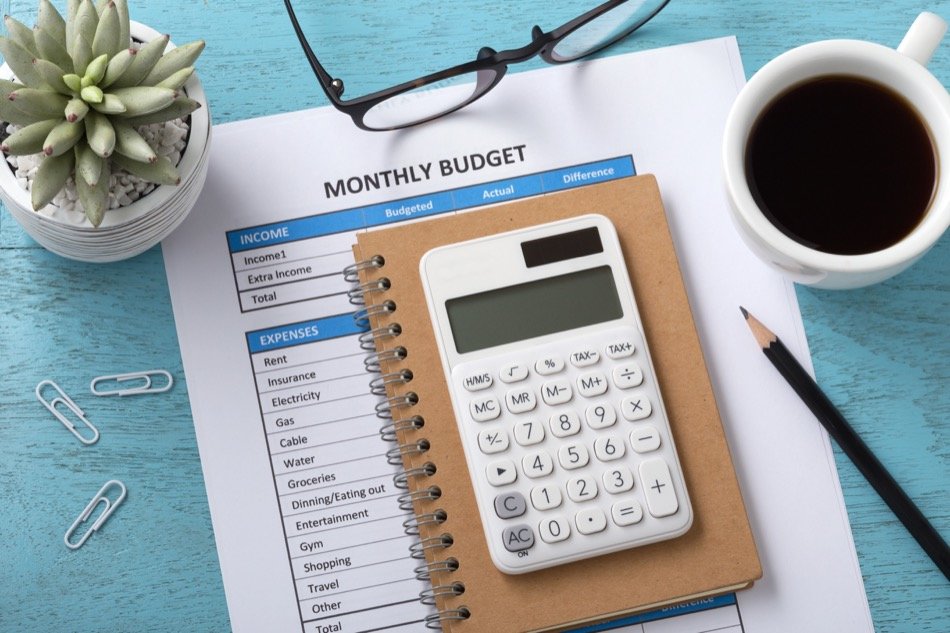How to Structure Your Home-Buying Budget
Posted by Justin Havre on Monday, February 3rd, 2020 at 7:52am.
 A budget can be precisely what buyers need to stay on track when it comes to their finances. And while it may not be the most exciting part of owning a home, it's not actually difficult to map out. As buyers research the average costs of a variety of properties (e.g., single-family homes, condos, etc.) in any given area, they can start to get an average ballpark of what they can afford. From the down payment to the closing costs, learn more about what it takes to put everything in order.
A budget can be precisely what buyers need to stay on track when it comes to their finances. And while it may not be the most exciting part of owning a home, it's not actually difficult to map out. As buyers research the average costs of a variety of properties (e.g., single-family homes, condos, etc.) in any given area, they can start to get an average ballpark of what they can afford. From the down payment to the closing costs, learn more about what it takes to put everything in order.
Compare and Contrast
Prospective buyers need to first account for every penny they make per month. This should include not only standard paychecks, but also dividends, bonuses, freelance work, etc. From there, total all monthly expenses, including:
- Savings
- Utilities
- Rent/mortgage
- Charity
- Food
- Clothing
- Recreation
- Medical
- Transportation
No matter how much money a buyer makes per year, it's exceptionally important to account for savings. Lenders want to see their clients have a comfortable safety net in case they lose their job or suffer an unexpected setback. Ideally, homeowners should aim for spending just 25% of their paycheck on housing costs. If home buyers are saving every month, this can be a good time to research accounts with better interest rates.
The Reality
This conservative budget can be difficult to manage for many buyers, especially if they're buying in a high-demand area. It should be noted that there are times when it makes sense to stretch the budget based on the opportunity. For example, if buyers have a chance to purchase in an up-and-coming neighborhood, it may be worth the risk.
However, in general, Airdrie home buyers should strive for a 15-year mortgage while allocating additional funds for everything from property taxes to standard maintenance. Experts also recommend clearing out all debt before buying a home. The clean slate can put buyers in a better position while potentially lowering their interest rates.
The Down Payment
When it comes to the down payment, buyers should be allocating as much as possible. This is not just because lenders want to see responsible buyers, but also because the closer buyers get to 20%, the less lender's mortgage insurance (LMI) they'll pay. LMI is a form of insurance that was created for lenders to avoid taking a loss if the buyer defaults on the loan. LMI is the standard for buyers who put down less than 20% due to the lack of equity. So while buyers may be tempted by a 5% down payment, it's better to be a little more conservative to save more money in the long run.
Budgeting for Life
The most basic rule for budgeting is to put 50% towards necessities, 30% toward luxuries, and the rest toward saving. The problem is that housing costs have skyrocketed in pockets all over Canada. One way homeowners can avoid having their budget spin out of control is by simply taking the time to review it as often as possible. Because needs and wants constantly change, this can help owners stay ahead of trouble.
Home buying should be an exciting time, not one that's fraught with fear over spending too much money on a property. Those who take the time to budget will be glad they did when they can meet their monthly goals every time.
